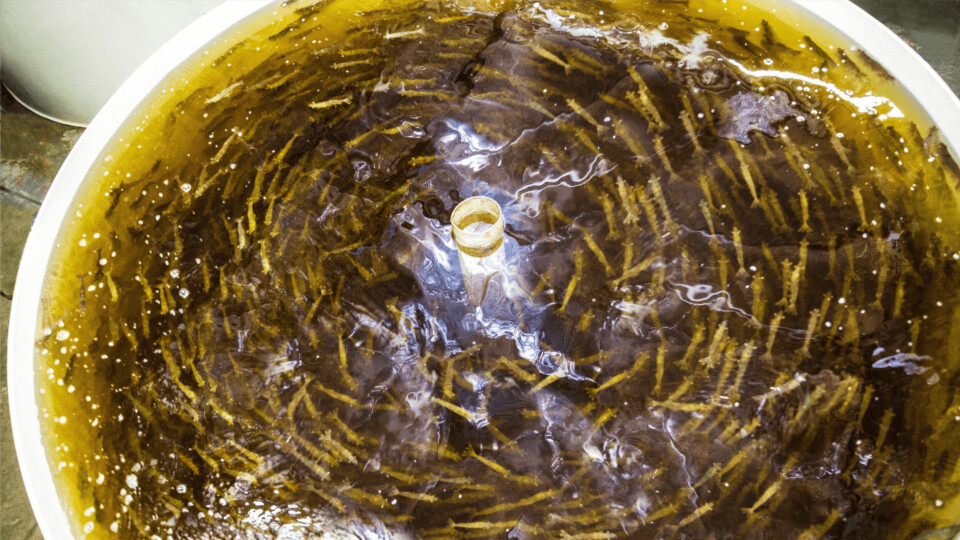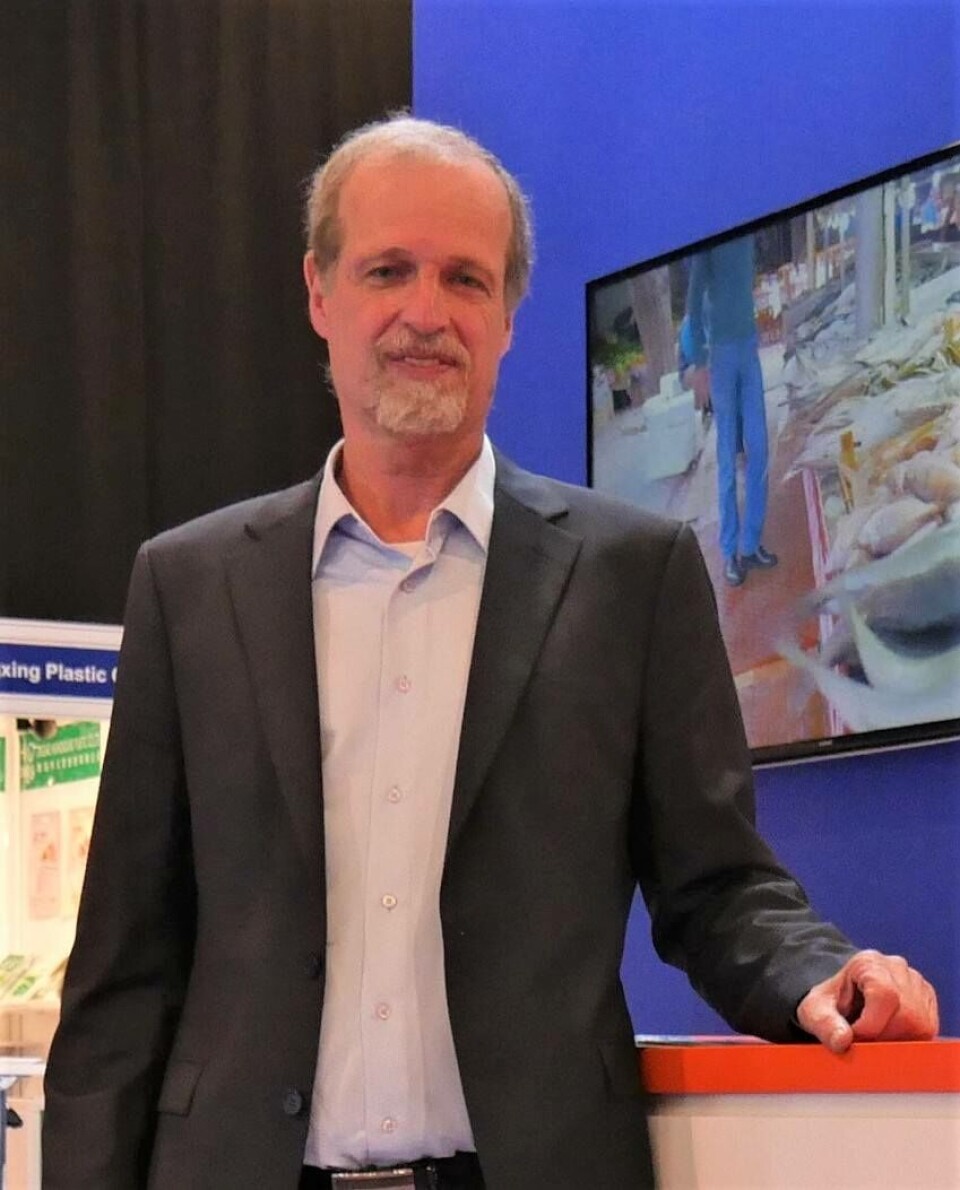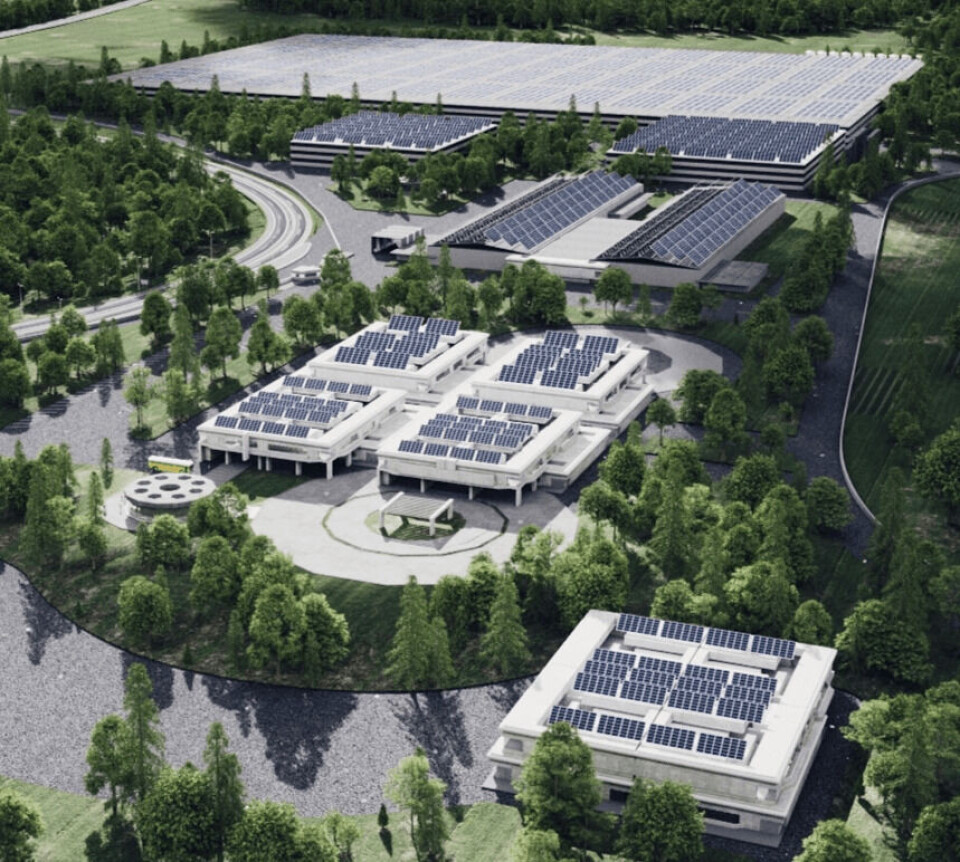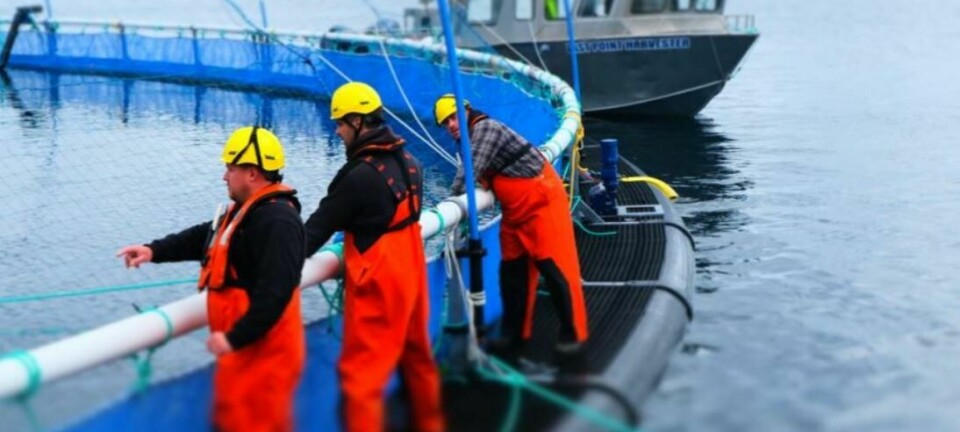
RAS expert AquaMaof gets a taste for shrimp
AquaMaof, one of the world’s leading makers of recirculating aquaculture systems (RAS) for finfish, has announced that is has successfully adapted its technology for shrimp production.
The company said it has completed three years of research in its R&D facility located in southern Israel and had developed RAS technology able to produce L vannamei shrimp with a high-survival rate and disease-free results.
The system will be ready for market in 2020.

High-density production
In a press release, the Israeli company said the global demand for shrimp was expected to reach 5.83 million tonnes by 2024, but that traditional pond culture has not been able to keep pace due to a continuous struggle with shrimp diseases and high mortality rates.
AquaMaof said it successfully achieved high-density shrimp production, high shrimp survival rates, and low FCR (Food Conversion Ratio) in a disease-free environment, with very low bacterial counts in the water.
Additionally, its technology facilitates control over the colour of the shrimp and their genetics, enabling production of a high-quality end product. The technology also enables partial harvest in different sizes, while maintaining low operational costs.
End-to-end solution
“Three years ago we began to notice growing shrimp demand, on the one hand, and the many challenges faced by the traditional shrimp aquaculture industry, on the other,” said AquaMaof chief executive David Hazut.
“We decided to adapt our proven integrated RAS technology for the indoor production of shrimp. Moving production indoors in a closed containment environment has enabled us to overcome many of the industry’s challenges and become the first company to offer a commercial end-to-end solution.
“Over the course of three years, we are very proud of the achievements we have made, such as high densities of shrimps with no negative effect on growth rates, whilst maintaining a disease-free environment.”

AquaMaof is providing the technology for Grieg NL’s smolt hatchery and nursery in Marystown, Newfoundland, where the salmon farmer intends to grow 30,000 tonnes of fish a year in Placentia Bay.
The RAS specialist is also the technology partner for Pure Salmon, owned by Singapore-based aquaculture investment fund 8F. Pure Salmon intends to produce 260,000 tonnes of Atlantic salmon per year in on-land facilities close to major population centres around the world.
It shares ownership of a fully operational facility in Poland with AquaMaof, and has projects planned in Japan, Europe, the United States and China. Pure Salmon also recently announced a deal to build a RAS salmon farm in land-locked Lesotho in southern Africa.
AquaMaof has also provided the technology and expertise for a catfish RAS in Slovakia, a trout RAS in Russia and a grouper facility in the Far East.






















































